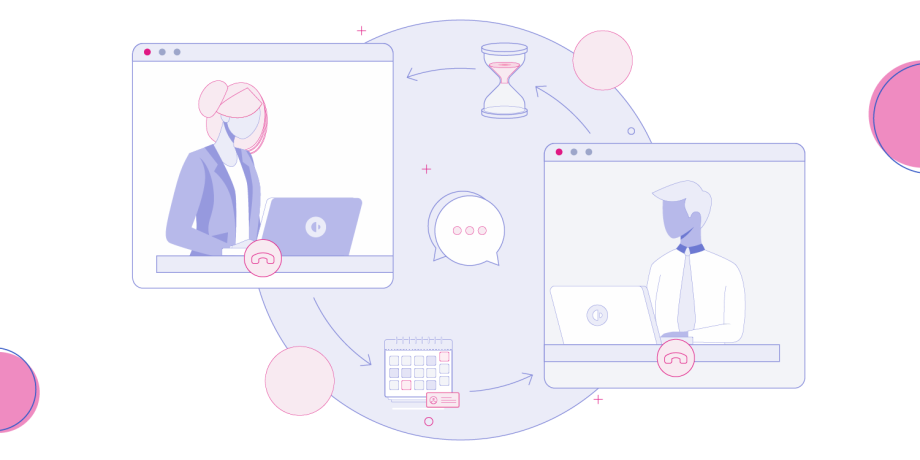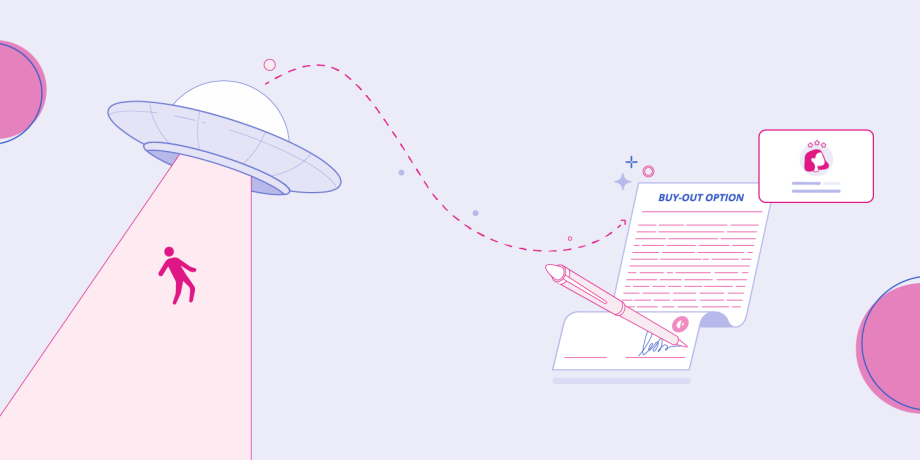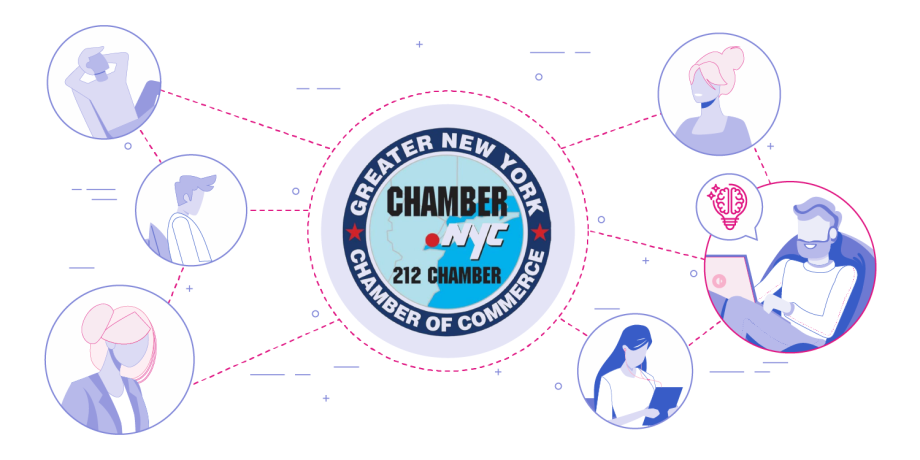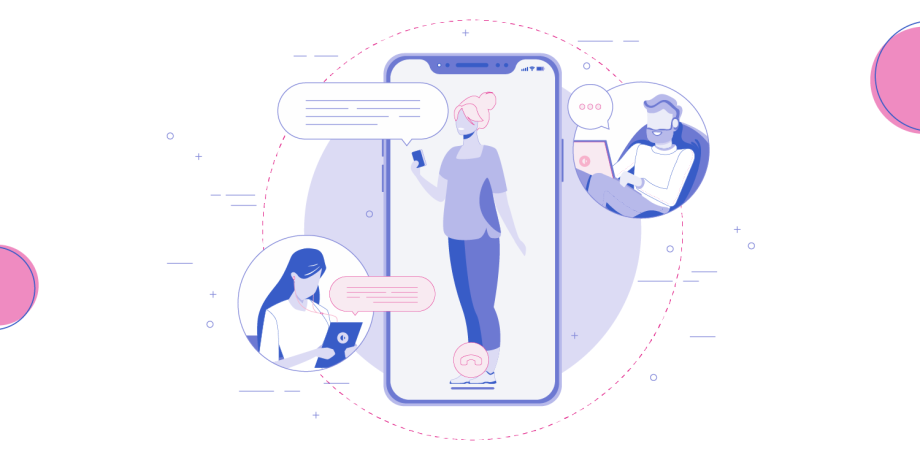Introduction
We are going through a very difficult moment in our lives. There is a feeling of stress, anguish, among others, not only due to the spread of the COVID-19, but also due to the uncertainty that makes a lot of companies enter into the unknown field of remote work.
Not so long ago, a large number of companies were reluctant to work remotely because of the problems that might come up. For instance, employees will decrease their productivity being in the comfort of their homes instead of being at the office, some employers would say that communication is not effective, etc. In this article, I want to give you my point of view after having worked from home for many years, and currently having distributed talent, highlighting how to take advantage of the situation and how to make the best out of it.
Myths and truths
I founded Coorva working from home, with just one laptop and Internet connection. Nowadays, we have our own office, where project management, strategic planning and commercial work is carried out. This office is a result of the growth we have had in recent years. However, since our line of business is mainly focused on distributed talent, we have software developers, quality analysts, project leaders and graphic designers work remotely.
Therefore, our work process is fully adapted to this methodology, so that we can leverage the talent available without limiting ourselves to the city we are located in.
Something I usually hear from clients and colleagues is that they are afraid their employees will decrease their productivity working from home, cafés or shared office spaces. In my opinion, this is subjected to the intentions and discipline of each individual. I know people who get way more focused working at home, thus, being more productive. On the other hand, there are people who go to the office, fulfilling their work schedule, but they spend most of their time having conversations with other co-workers, or checking their social media accounts, finishing off their workday being less productive.
Some advantages:
- There is no need to commute to the office. That is to say, you do not have to take the bus or any means of public transportation, or drive one hour to start your workday. Going to the office may be tiring for many people, especially if you don’t live nearby. By not having to do so, you get more sleep, and therefore, you might become more productive.
- Relaxing atmosphere. You can listen to music, set up your desk at your best convenience, etc. This makes you become more comfortable at work, which sometimes is not possible when you are at the office.
- Cost reduction for employers. Since employees aren’t going to the office, employers won’t have to pay bills (electricity or water), or services (like coffee, if available), etc.
Some disadvantages:
- Sometimes, it is difficult to fulfill the work schedule. Since there is no need to go to the office, we will stay longer in our beds. The discipline of the employees is very important here.
- There are no human interactions. We work alone from home, or in some cases, together with a family member or pet, but there is no human contact with outsiders. This is highly important when working from home is done over a long period of time.
- Communication with your co-workers may be challenging. Poor communication may lead to less productivity, or some unfinished tasks.
- Organizing your work activities may seem quite difficult. Who performs the activities and when shall be done may look impossible or complicated.
Working remotely is possible. At Coorva, we have shown empirical evidence that it can be done and pays off. The key is to define a clear work process, and keep the work team committed. This is achieved not only by work methodologies, but also staying close to our employees as human beings.
Work methodology
We have implemented a work process whose purpose is, on one hand, to take advantage of the benefits of remote work, and, on the other hand, to mitigate the disadvantages.
The process consists of four cornerstones:
- Work methodology: whether remote or at the office, it is important for each employee to know what has to be done and what is to be expected. This responsibility lies with the manager. At Coorva, we use an agile methodology which combines Scrum and Kanban. From the former, we meet on a daily and weekly basis, so that the whole work team is involved. From the latter, we use a board where the tasks to be performed and their status are documented (for example, backlog, sprint, doing, review, done). The digital tool we use for such a purpose is Trello. This application has cards which simulate the post-it notes and they are organized on a board, where you have columns to arrange such cards and they can be assigned to your team members. Within these cards, you can write comments, attach files, among other things. Trello is very popular these days because it’s very easy and simple to learn how to use it.
- Communication: the success or failure of any project will depend on how effective communication among employees is. When doing so remotely, we use two main digital tools: video calls and instant messaging. The first one allows us to carry out the meetings we schedule, such as the weekly meeting of the Scrum methodology. Regarding instant messaging, you can use well-known tools, like WhatsApp or Slack (for those who are more sophisticated). The purpose is to be able to ask questions, make comments, etc., and get answers with no need to set up a video call or pick up the phone.
- Discipline: it is important not to fall into the trap of, for example, staying up late at night, since work is done from home, and there is no need to commute. Eventually, this may become a vicious circle, where the employees get up late and it turns out to be difficult for them to jump on an early morning call, just to give an example. My piece of advice here is you should stick to your daily work routine as if you had to commute to the office. In my case, I get up at around the same time every day, take a shower, have breakfast, and finally, instead of going out to take the bus, I sit at my desk and turn on my laptop. This keeps me awake and ready in the event there is an unexpected video call. It is also important to keep a regular schedule, so we know exactly when we have to get down to work and when our workday is over.
- Follow-up: this is a responsibility that lies with the manager. Not only do we have to set up the tasks to be done or the weekly meetings, but also, see how each employee is progressing with the assigned tasks (what tasks were done, what tasks were not, what problems they might have we could assist them with, etc). Here, the manager should behave as a coordinator, and proceed according to the feedback given by the team members. At Coorva, we use daily reports from the Scrum methodology, where each member of the team mentions briefly what they did the day before, what should be done today, and what problems or issues they encounter.
For further information about those digital tools we use, you can read this article.
Is everything about work?
So far, we have talked about work. However, we can’t leave aside the fact that the people we work with are people. They are human beings, and when working remotely, it is more important than ever to be close, even if it is done virtually.
How do we mitigate that? We have a video call every now and then to ask them how they are doing, and see how they are feeling. Is there anything I can help with? The human factor can make the team members highly productive and committed to their tasks.
Here are some things we do at Coorva:
- Virtual Lunch: a video call where every member shows their meal and chat in a relaxed atmosphere. The goal is to share a moment together.
- Virtual Happy Hour: we schedule a video call on any Friday at 6pm, and the team members have something to drink, whether it is a cold beer, a soda, or whatever they want to drink. Just like the virtual lunch, the idea is to share a moment where we talk about TV shows, movies, books, or anything else.
We need to stay human.
TL;DR
Working remotely is possible. At Coorva, we have shown empirical evidence that it can be done and pays off. The key is to define a clear work process and keep the work team committed. This is achieved not only by work methodologies, but also staying close to our employees as human beings.



